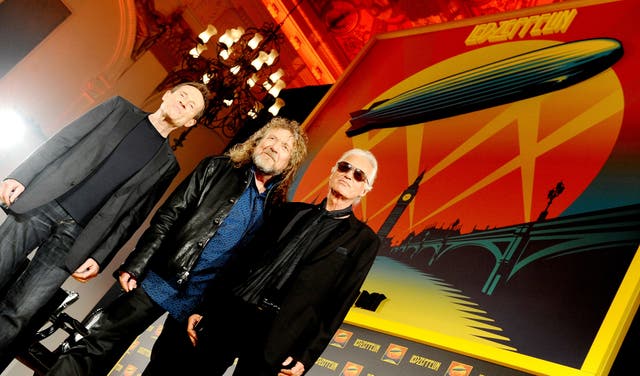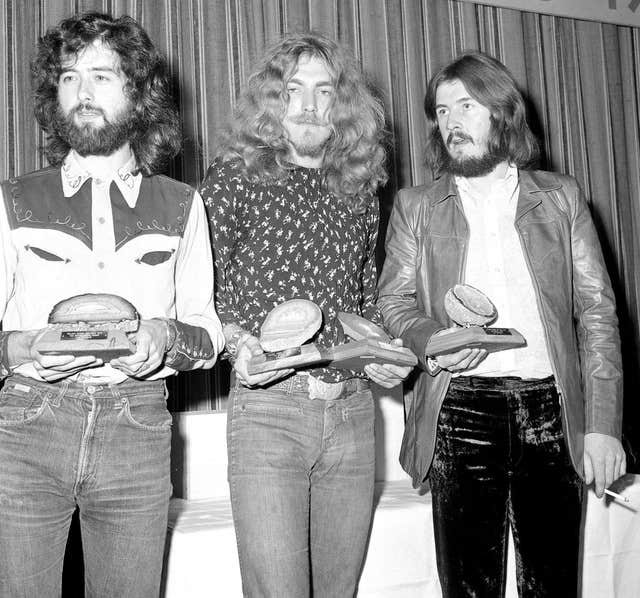Led Zeppelin’s Jimmy Page has revealed how he was finally persuaded to agree to a documentary about the pioneering British rock band.
Page – who played guitar in the foursome, which also included singer Robert Plant, bass player John Paul Jones and the late John Bonham on drums – revealed at the Venice film festival how he turned down a lot of “pretty miserable” pitches over the years to make a documentary about their incredible success in the 1960s and 70s.
But he finally agreed after receiving a meticulously-researched proposal focusing almost exclusively on the music and chronicling the band’s birth in 1968 and their meteoric early rise.

Producers Bernard MacMahon and Allison McGourty – avowed Zeppelin fans – obtained never-before-seen footage of some of the band’s early US and British concerts as well as an astonishing audio interview that drummer Bonham gave to an Australian journalist before he died in 1980.
The interview, concert footage and other archive material are spliced into contemporary interviews with the three surviving band members to create a montage that maps the frenetic first two years of the band’s existence and its early musical influences.

From the sound, he knew that it had been converted into a quarter-inch tape. He then “went to every Australian journalist that we knew from that era saying: ‘Do you recognise this voice? Because the journalist doesn’t identify himself.’”
“Eventually I tracked down someone who said: ‘We know who it was, but he died.’”
MacMahon then drew on previous contacts he had with a sound archive in Canberra, Australia, which went through “30,000 unmarked reels” to find the one with the interview.

He said he went to such lengths because he wanted the film to essentially be a musical, interspersed with interviews.
Page said he particularly appreciates the focus on the music — the songs are played at full-length, not just snippets.
And it lets the band members tell their own story in their own words. There are no other on-camera interviews.

“When we first met we were probably a little nervous of each other. But the conduit was the storyboard,” Page said.
“And I thought: they’ve really got it, they really understand what it was about.”
Page said he had received plenty of proposals over the years to tell Led Zeppelin’s story, but “they were pretty miserable. Miserable and also to the point where they would want to be concentrating on anything but the music”.
And he added: “This one, it’s everything about the music, and what made the music tick.
“It’s not just a sample of it with a talking head. This is something in a totally different genre.”






